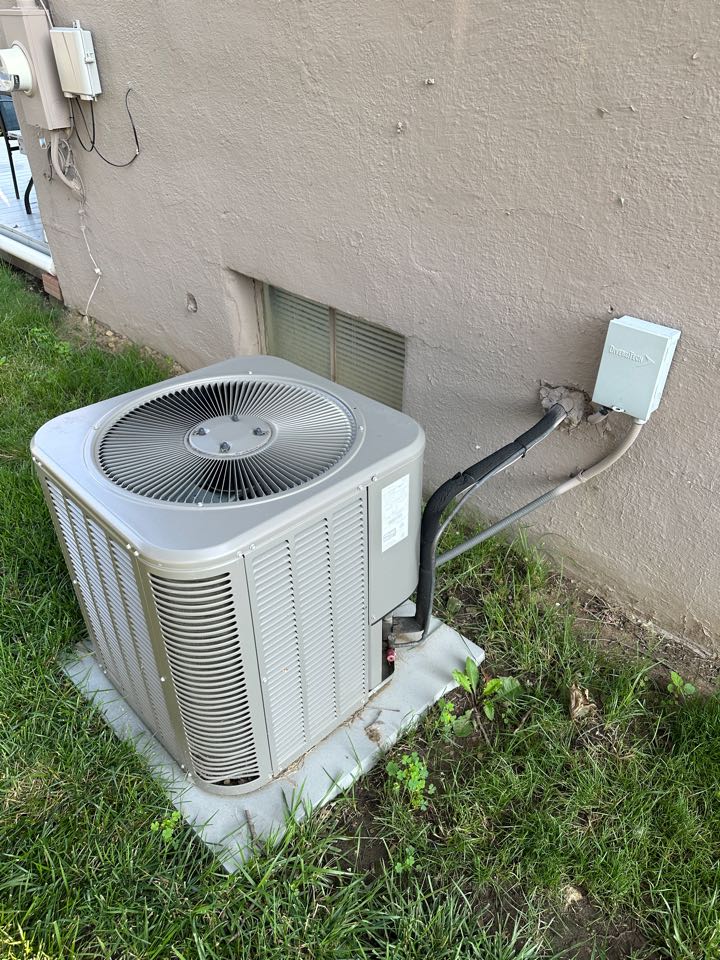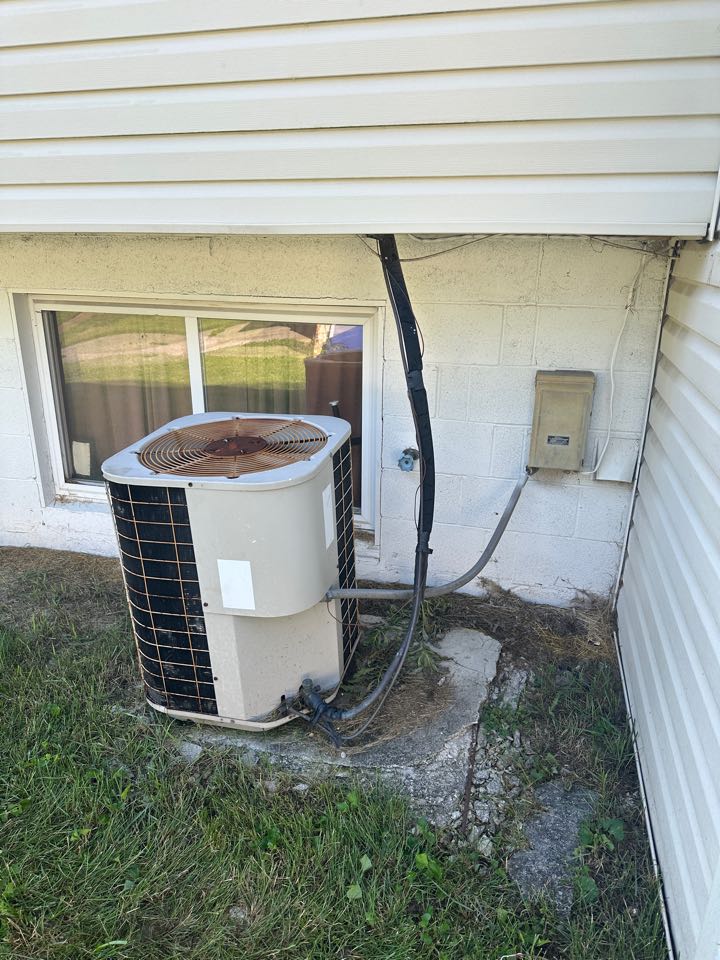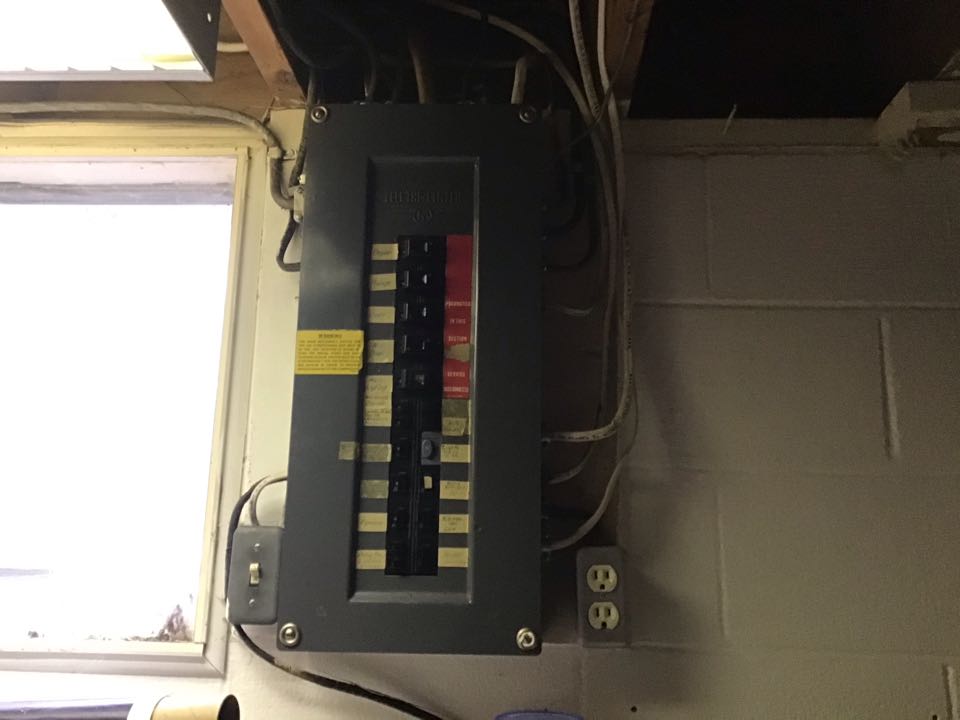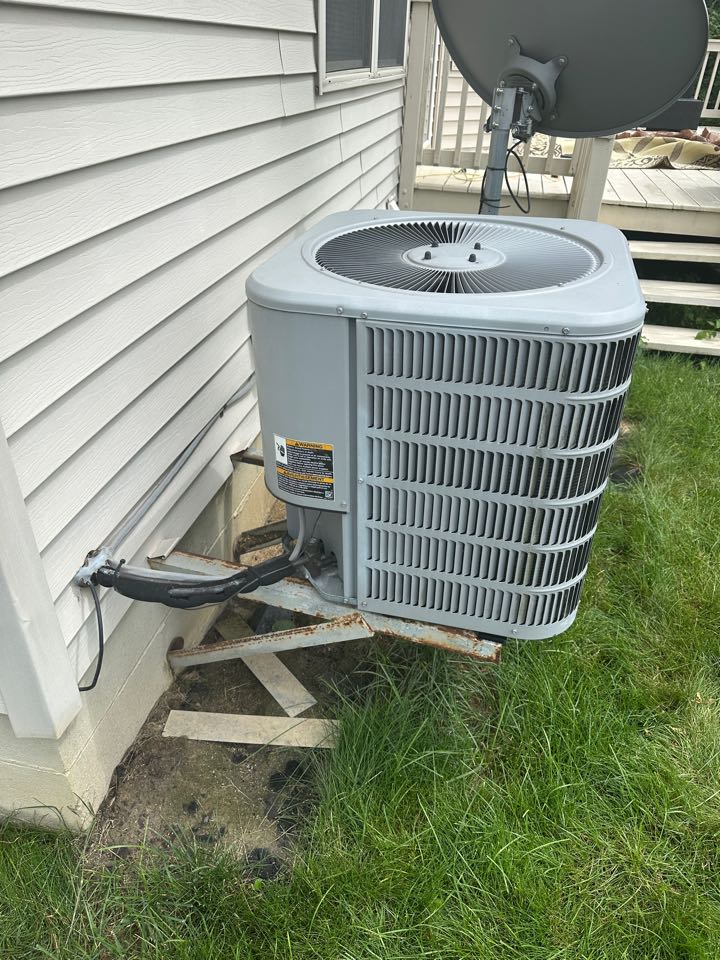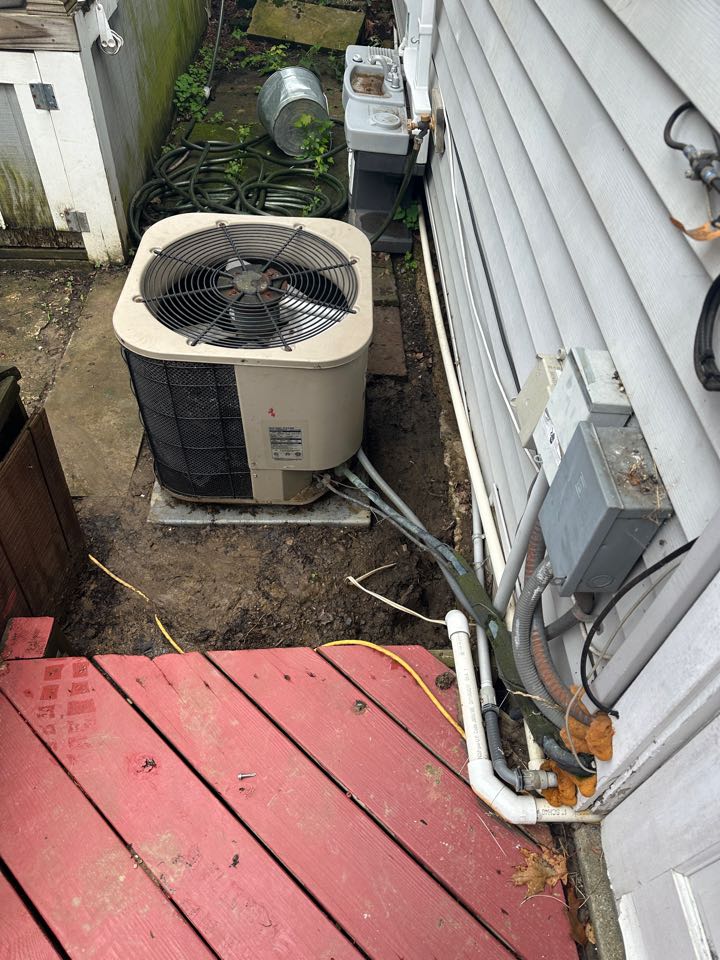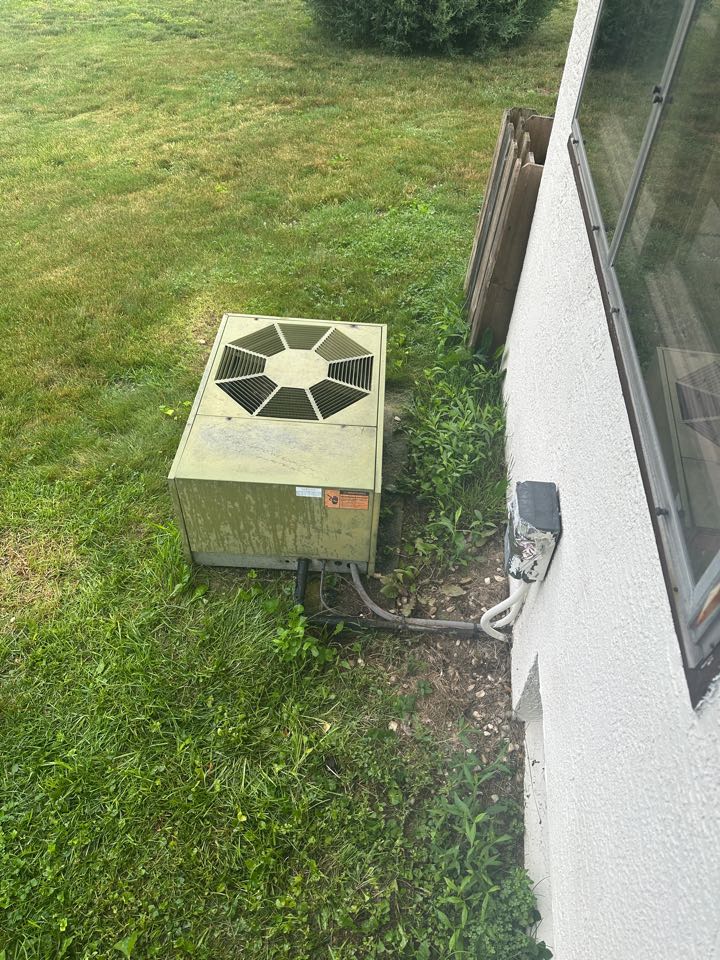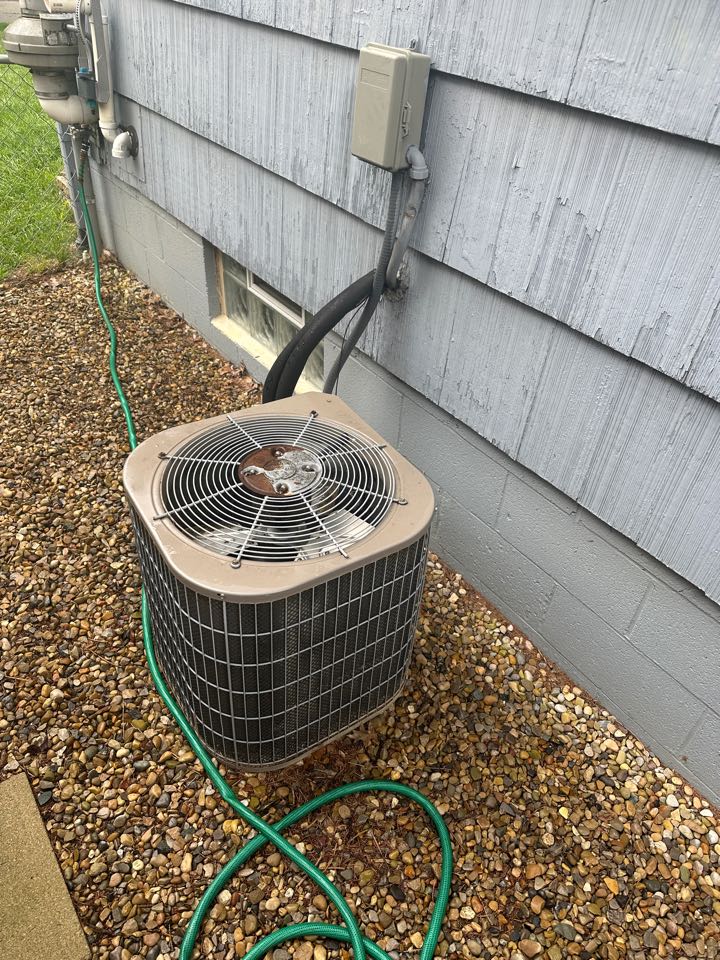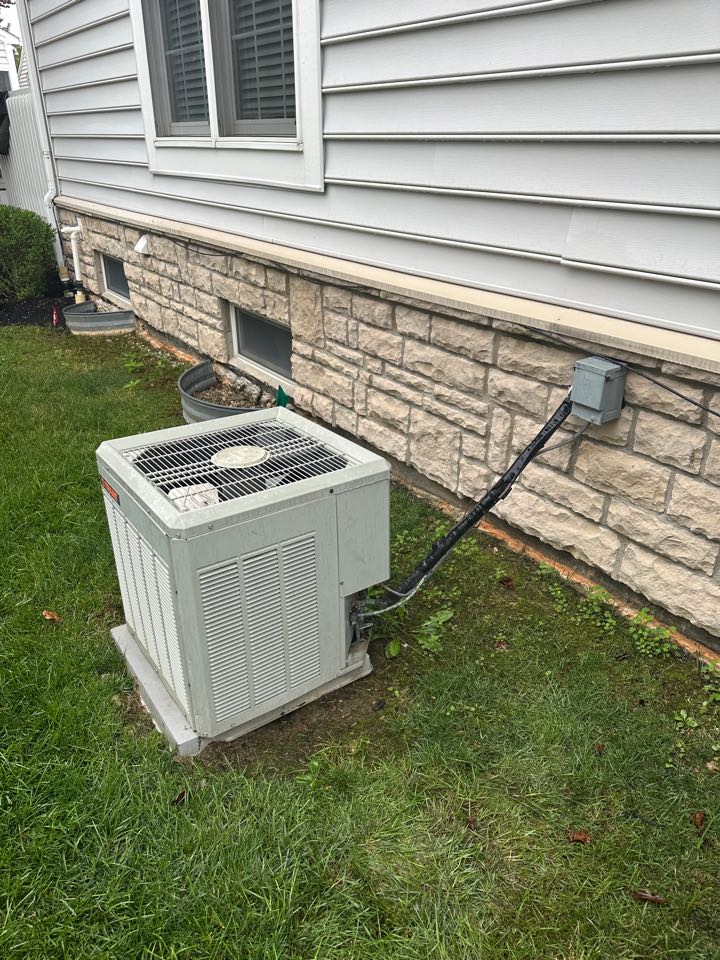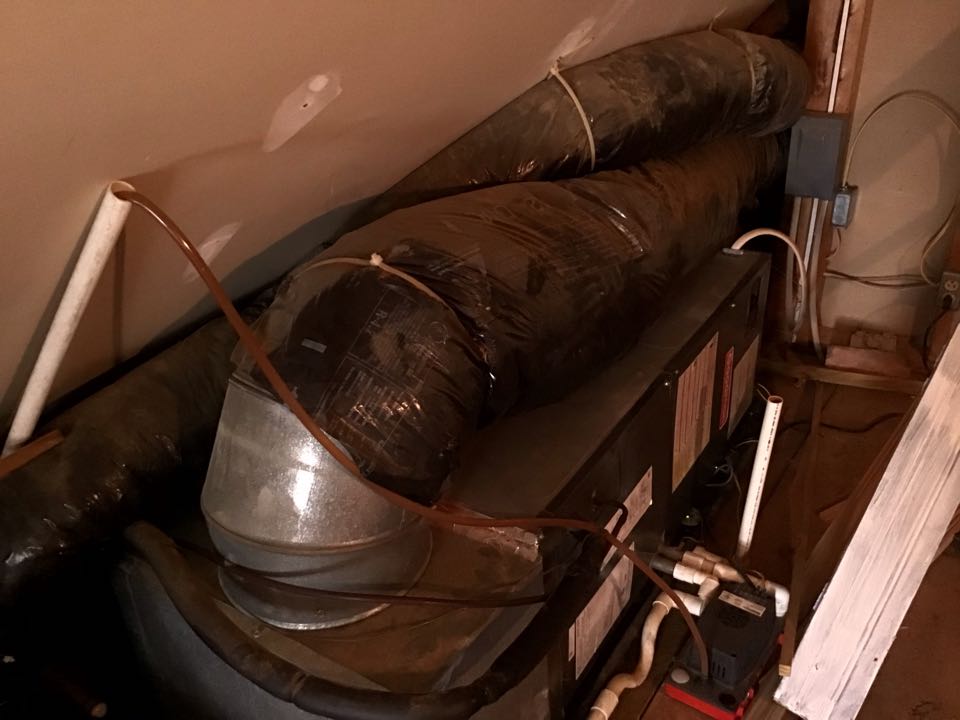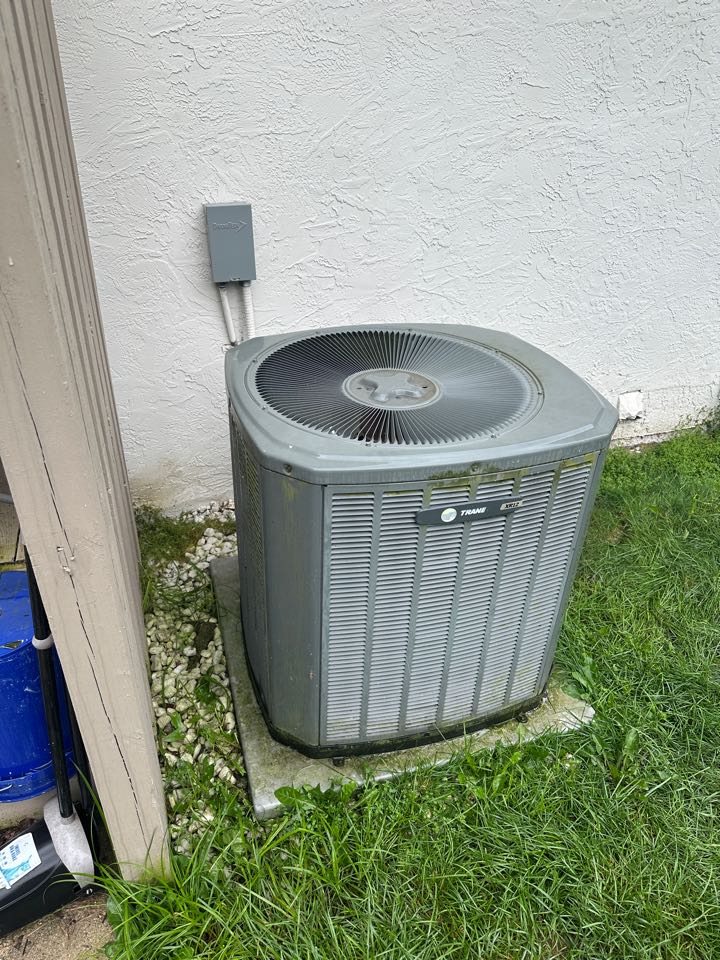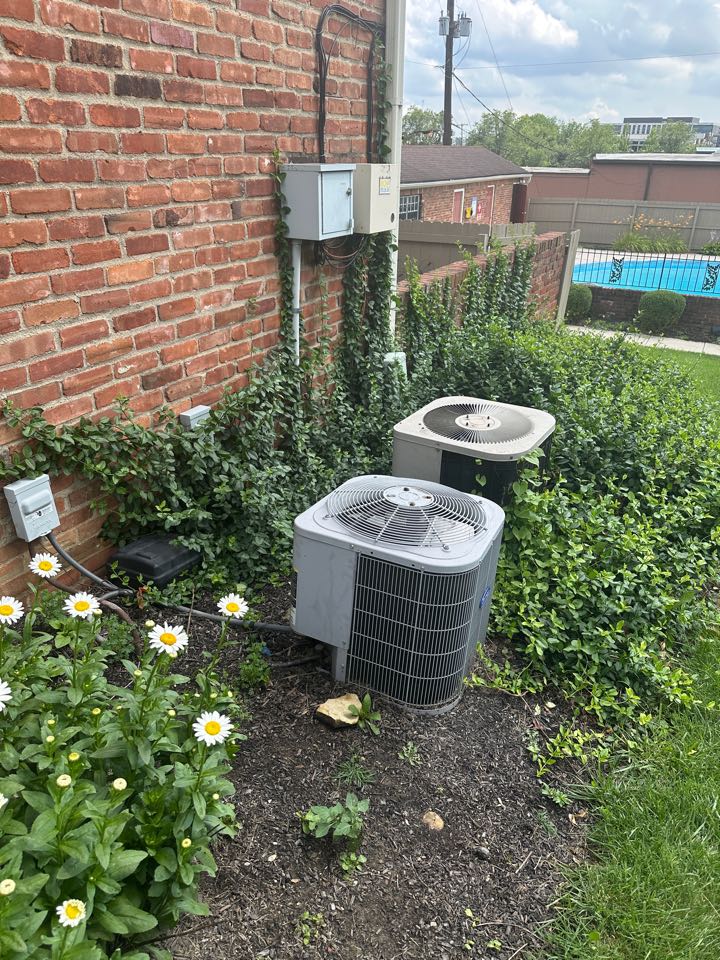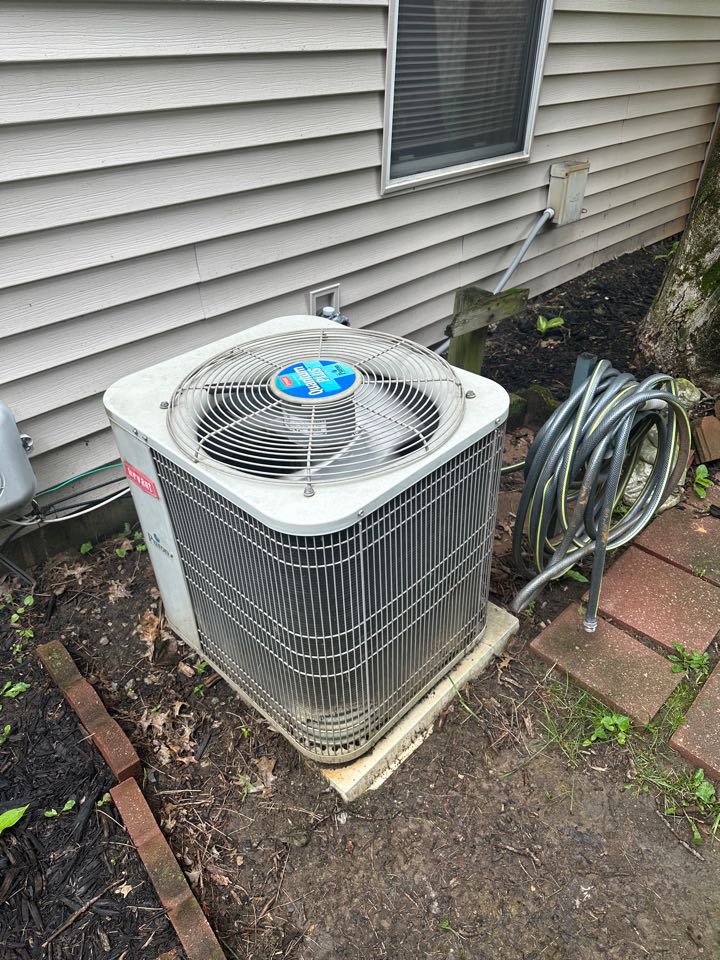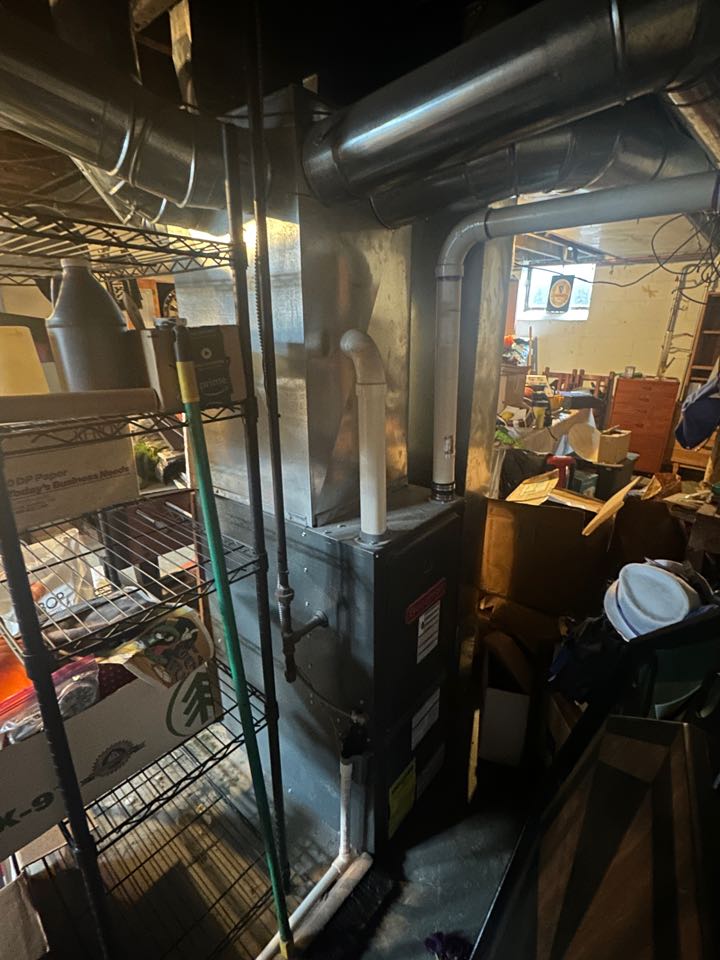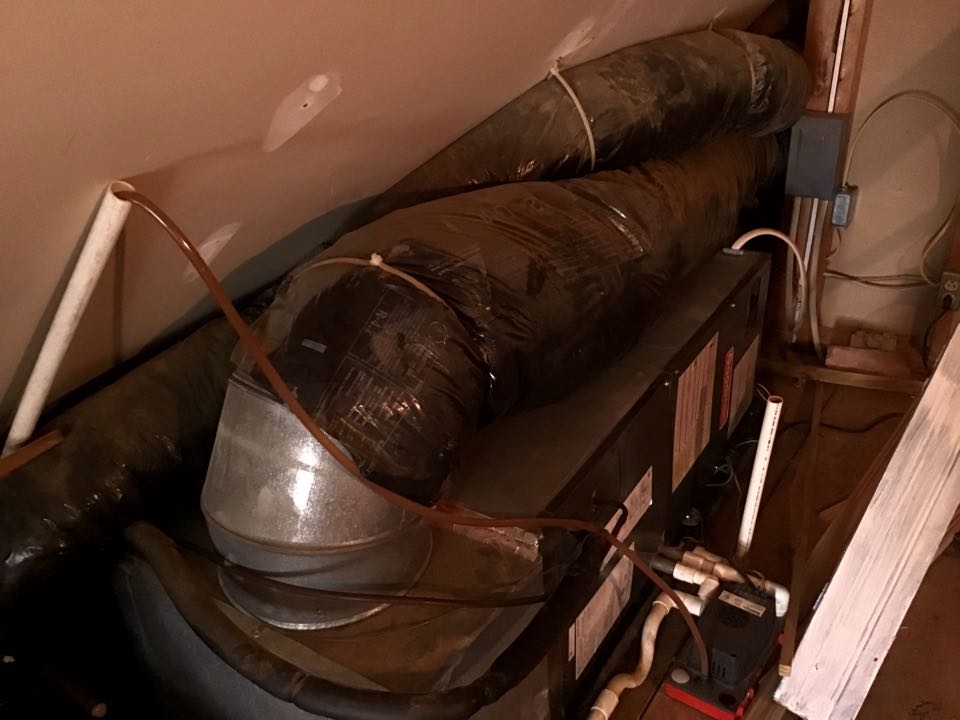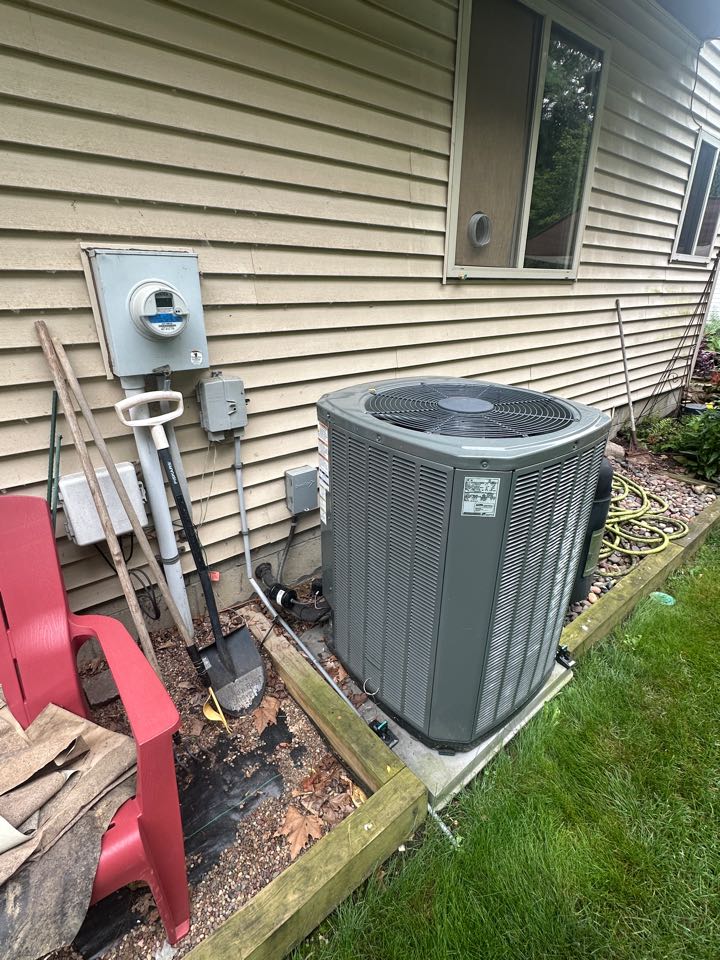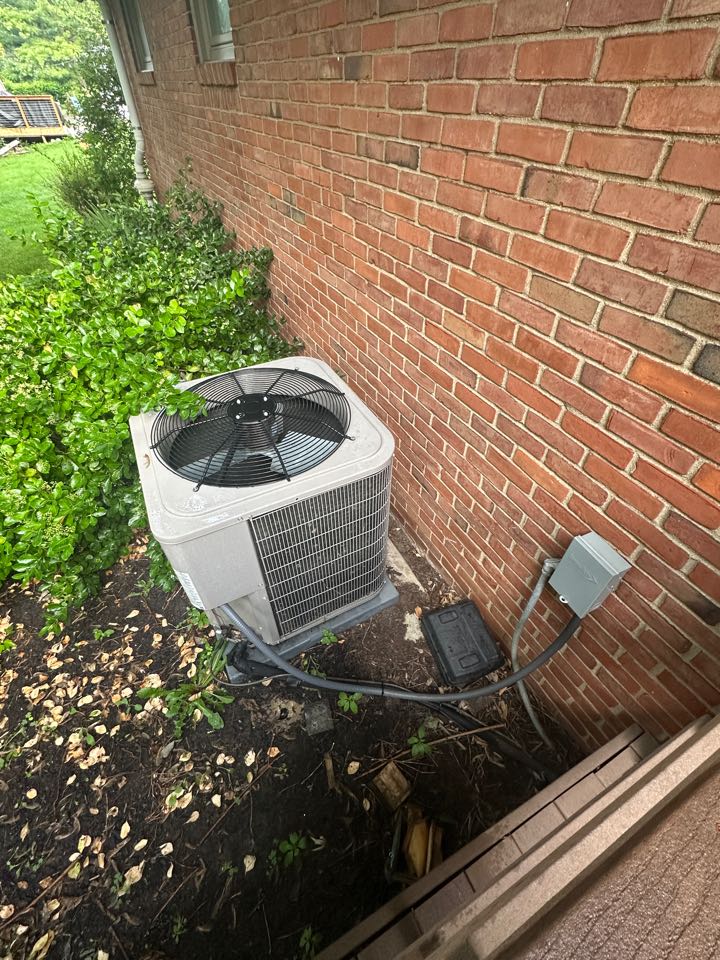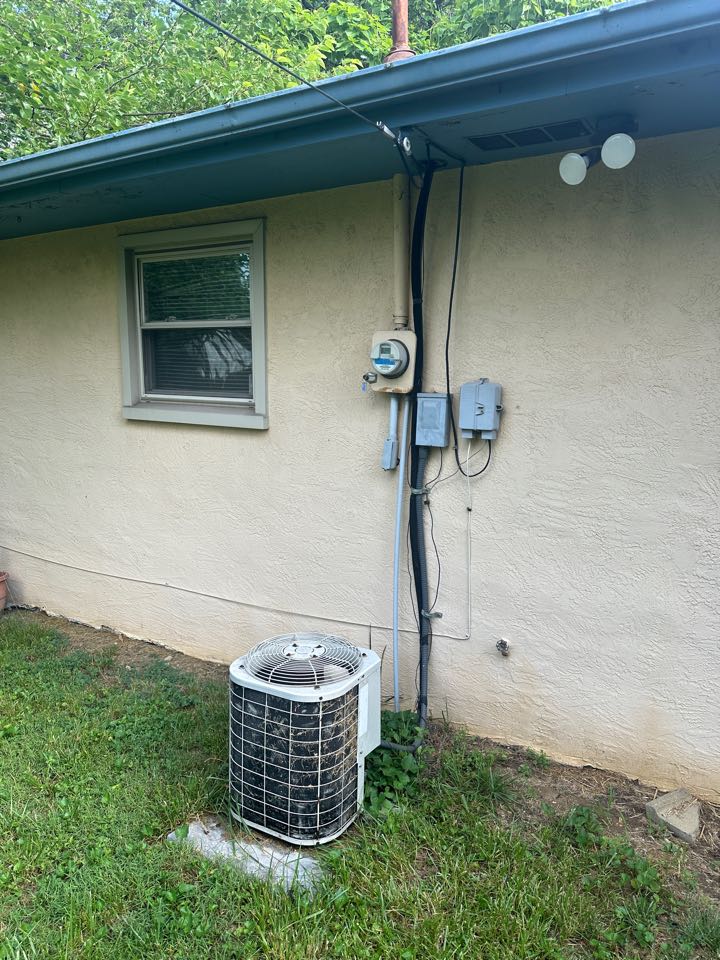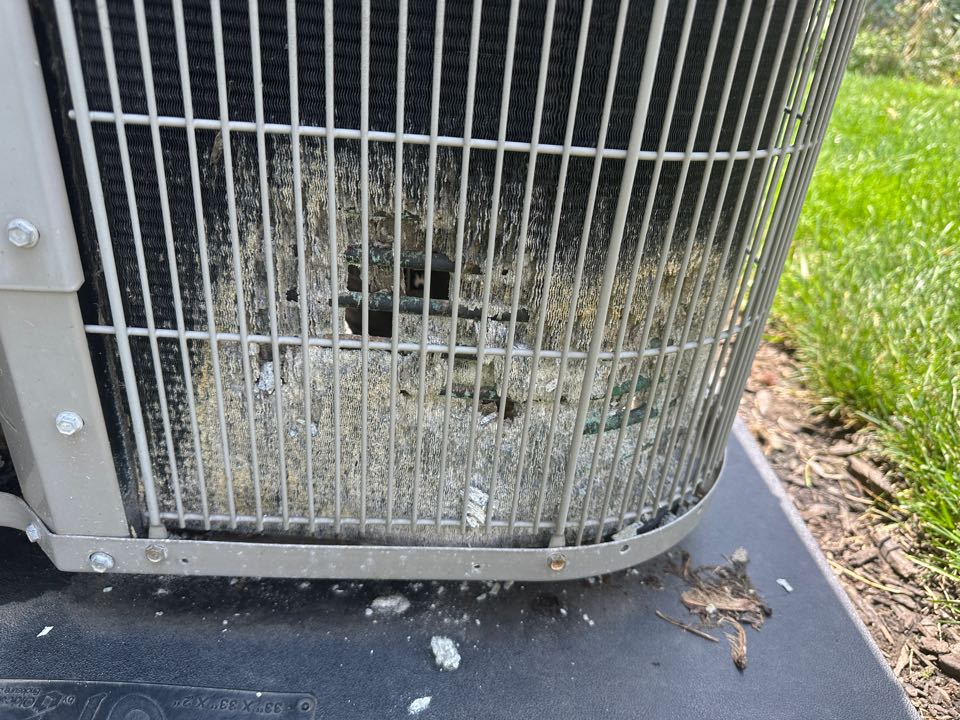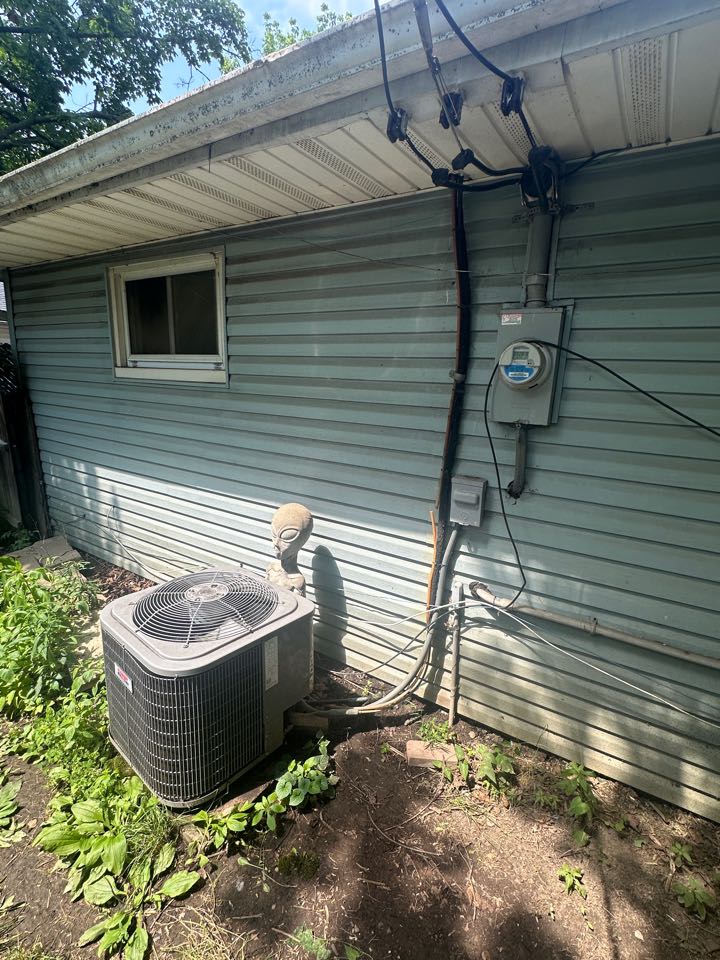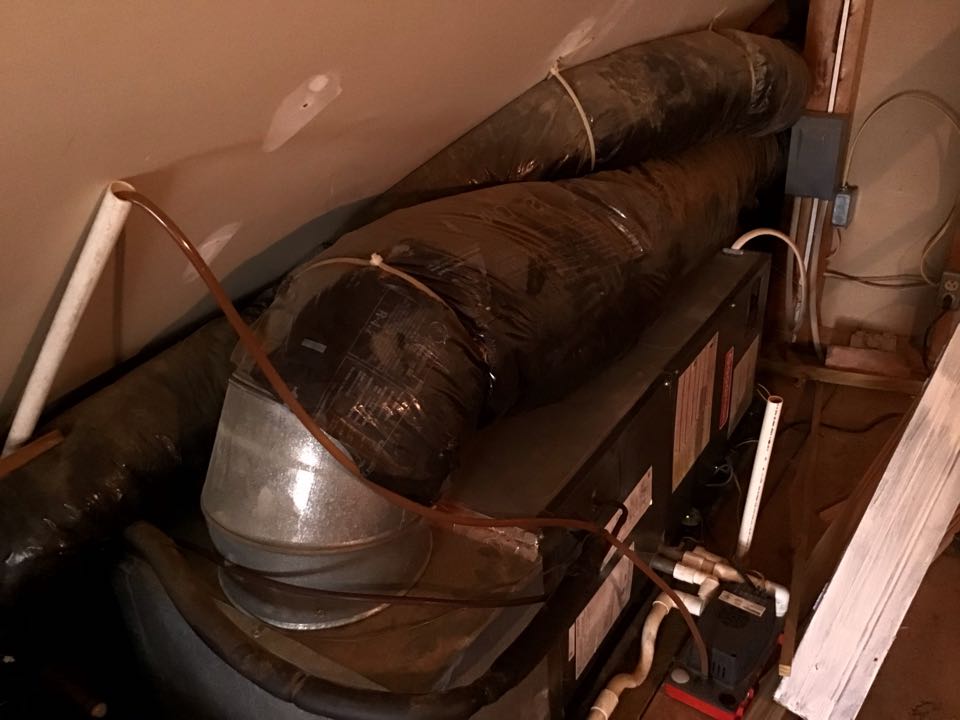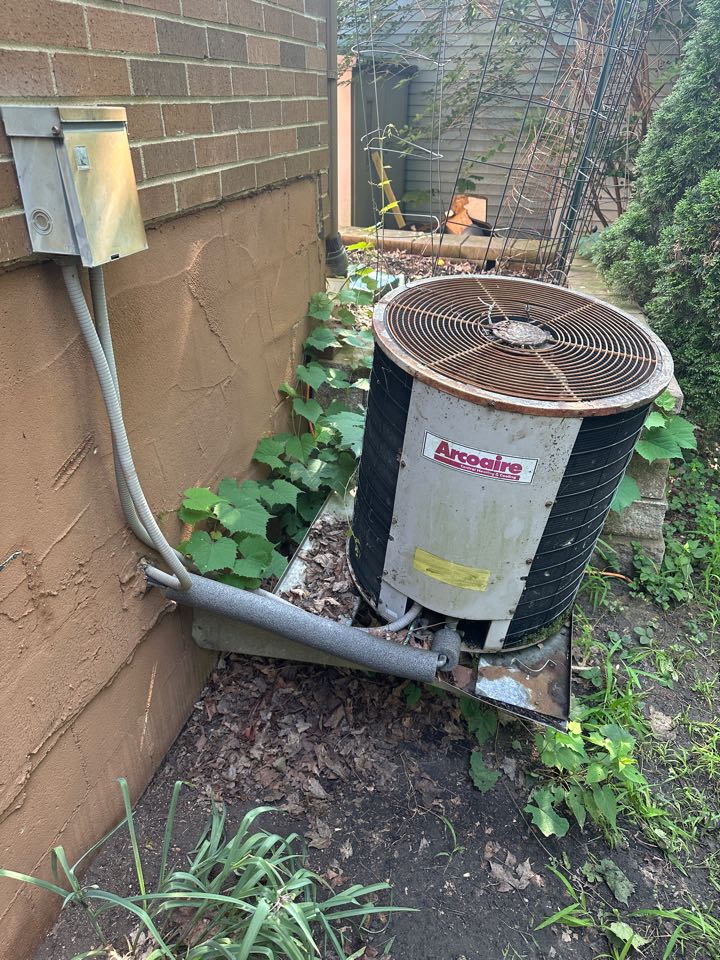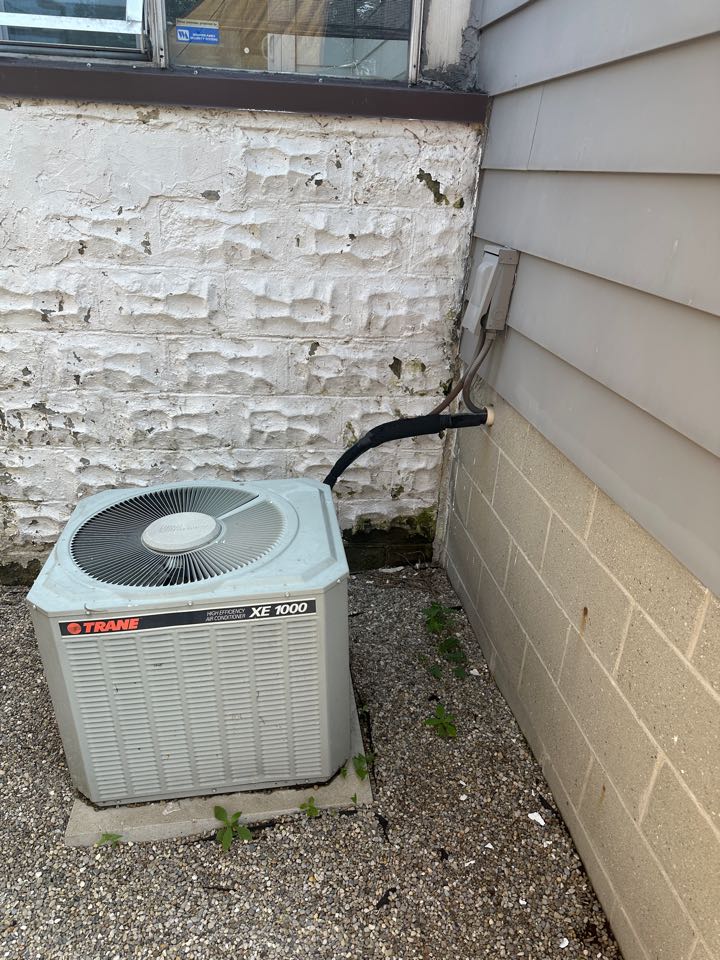
The quality of indoor air has often been overlooked. Fortunately, with modern science and communications, most people have become aware of the importance of maintaining clean air in homes and businesses. Dust and other pollutants accumulate inside heating, ventilation and air conditioning systems if they are not properly designed and maintained, potentially causing a variety of health problems. New technologies account for these issues and can help keep your home not only fresh but clean and healthy.
The effects of having poor indoor air quality can be numerous. It can cause headaches and dizziness with very little exposure. In other cases, it may cause nuisance problems such as dry eyes or an itchy nose and throat. In general terms, unclean air will nearly always cause some form of discomfort among those who breathe it.
Although air that is not clean can be particularly dangerous for people who already face health conditions, breathing unclean air can also affect people in perfect health. A number of issues are known to begin with, and be exacerbated by, unclean air in the home.
- People with asthma are especially at risk when pollutants are in the air. Dust and mold in the air can aggravate the lungs of a person who typically breathes normally; for someone who already has problems with breathing from asthma, those pollutants can introduce new problems while worsening the existing condition.
- Other respiratory problems besides asthma are also affected by poor air quality. Infants and toddlers are especially at risk, because their respiration has not fully developed nor have they built up immunity to toxins. Elderly people also have a special risk. Whether or not they used to smoke, many elderly people have lung problems associated with old age that can be stirred up by breathing unclean air.
- There are numerous other health issues that can be caused by or worsened by polluted air. Depending on the specific pollutant, it can cause diarrhea, constipation or nausea. Fatigue is a common effect as the body uses energy trying to fight off the contaminants. General flu-like symptoms are common for people in bad air environments.
Clean air in the home becomes especially important during the winter months when windows are closed and your HVAC system is the only ventilation your home receives. Without fresh air to dilute the pollutants, you wind up receiving a double dose of the air that causes illness in small amounts. This is the time when it becomes important to assure the quality of the air you breathe.
The quickest, easiest and cheapest way to maintain air quality is to simply replace the air filter in your home. Beyond that, it is important to have your ductwork professionally cleaned on occasion, and consider specific indoor air quality systems and products to allow you peace of mind about the air you breathe. When it comes time to replace or upgrade your existing unit, or if you’re experiencing specific health problems from unclean air, clean ventilation systems, hepa filters, and UV germicidal lights are always an option.





